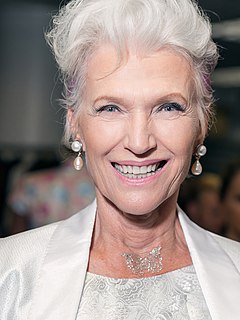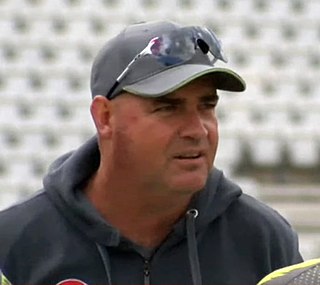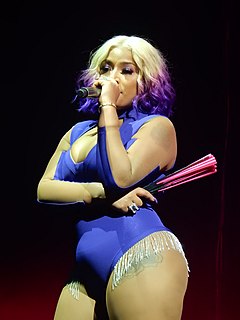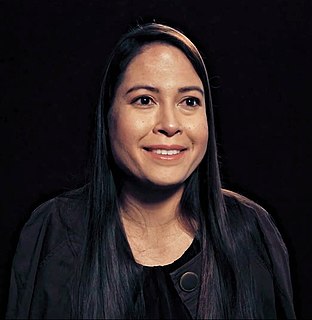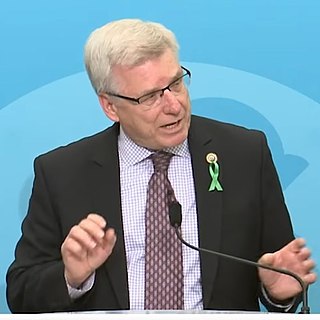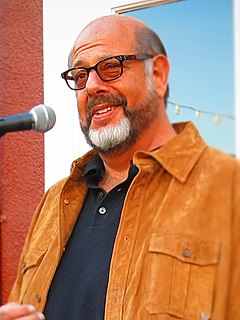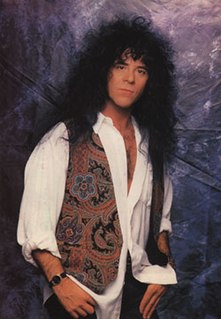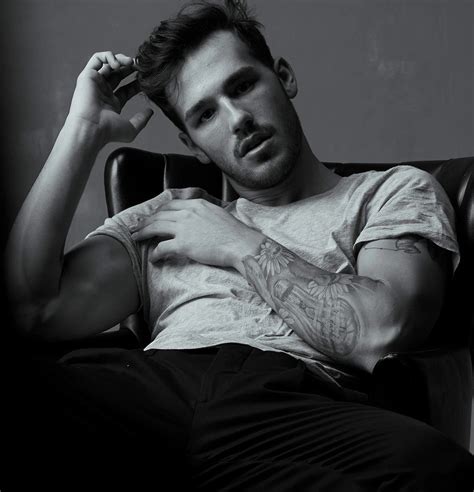A Quote by Maye Musk
My parents were the only people to go to South Africa from Australia in a single engine plane... the two of them, no radio... you had to fly down low to see the street signs to know which city you were in... most people couldn't speak English.
Related Quotes
Both my parents are English and came out to Australia in 1967. I was born the following year. My parents, and immigrants like them, were known as '£10 poms.' Back then, the Australian government was trying to get educated British people and Canadians - to be honest, educated white people - to come and live in Australia.
At the end of the day, when you go on to Google everything is about the way you were sacked when you were in charge of Australia. It doesn't mention the good things I did with South Africa or the good things I did in my first year with Australia when I brought in a lot of young players and gave them opportunities and tried to build a team.
I know that in South Africa, we were in that space, and we're still suffering from that space. And that was where a government very successfully convinced the majority of a population that every single person there was blocking the other people from achieving greatness in the country, only to realize that we were all being oppressed at the same time. That's one of the biggest things. And I'm proud to say that.
If you would've asked me about getting a pilot's license before 2005, I'd say you were crazy. After I graduated college, a fighter pilot asked me if I wanted to go up on a flight in a single-engine plane. I always had a fear about being in an airplane, but I took this opportunity to go up on my first flight in a single-engine rather than a big commercial plane I was accustomed to. I was hooked and made a commitment to become a pilot. I wanted to motivate others to not let fear stand in the way of their opportunities.
We were land-based agrarian people from Africa. We were uprooted from Africa, and we spent 200 years developing our culture as black Americans. And then we left the South. We uprooted ourselves and attempted to transplant this culture to the pavements of the industrialized North. And it was a transplant that did not take. I think if we had stayed in the South, we would have been a stronger people. And because the connection between the South of the 20's, 30's and 40's has been broken, it's very difficult to understand who we are.
I was always around people who were in the business from the time I was an absolute baby. I grew up in New York City, and my parents, my sister, and I had a house on Fire Island, and they were part of a set of people that were all close and friendly, most of whom were involved in show business in one regard or another. So it was always familiar to me, and I kind of enjoyed it.
Right after undergrad, I started doing low-level work on health issues in sub-Saharan Africa, and what struck me was the disconnect between how people in New York would speak about some of the issues people were facing. At the time, 2006-ish, there were a number of big media campaigns to raise awareness about HIV in sub-Saharan Africa.
I go down the street, I say hello to everybody, a stranger or otherwise. I know that they do not know me, but I like to say hello and I think they appreciate it. I notice their faces light up with a smile and I believe that if all the people in our great city...would do that, the whole world would begin to say it is the "Friendly City." You can do a tremendous thing here. We get so absorbed, we do not always speak to our friends. Speak to them, even strangers, you are not going to give offense.
When we had gone down there you have to remember KISS had never been to Australia. So all the hysteria of KISS that was happening in the seventies was building up in Australia. These kids were waiting seven years to see KISS. I was lucky enough to be there when we went over. We got the key to the city, it was just great.
When all these huge offers start coming in, people see dollar signs. People see fame. I just knew that it was a lie. Unless you really hit it off in radio right away - a lot of my friends didn't, and they were getting put in so many horrible positions where they were getting stuck. They weren't even allowed to release music.
People have a comic bent or an angularity to their thinking, and those are the people who make jokes. And it's usually people who were in an environment, when they were young, where jokes were at a premium, or at least considered important to a life. My parents always listened to the comedy radio shows, we went to the comedy movies, and my parents appreciated comedy. So kids listen and follow what their parents like.
